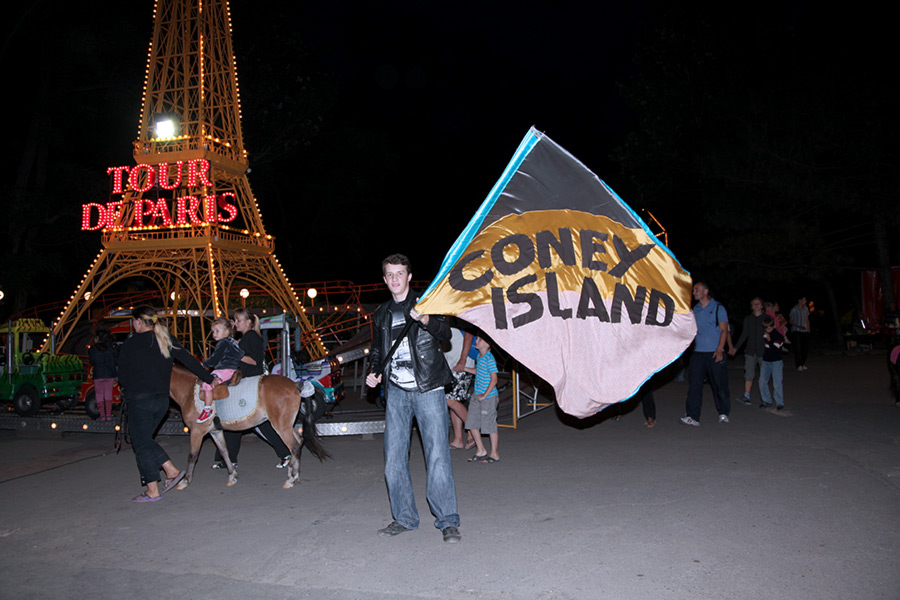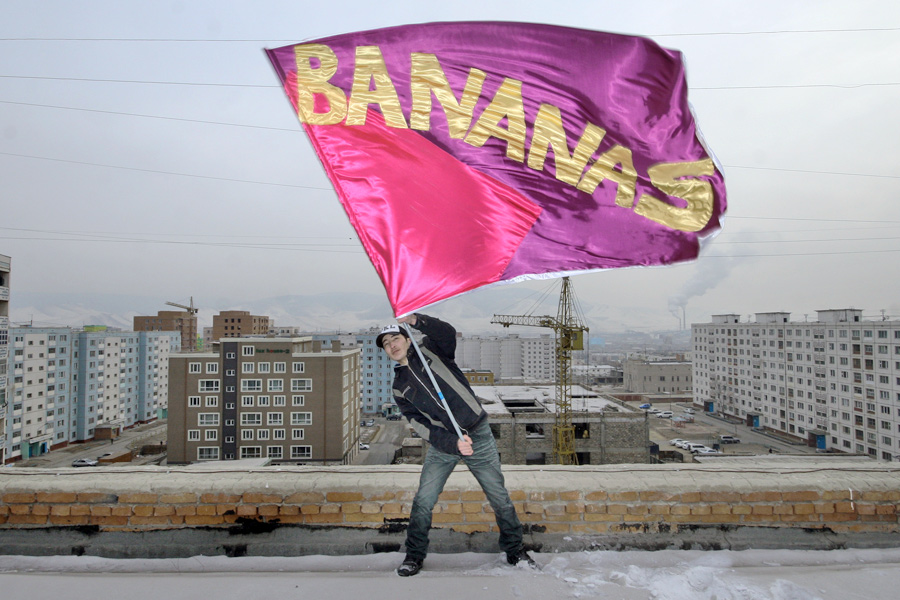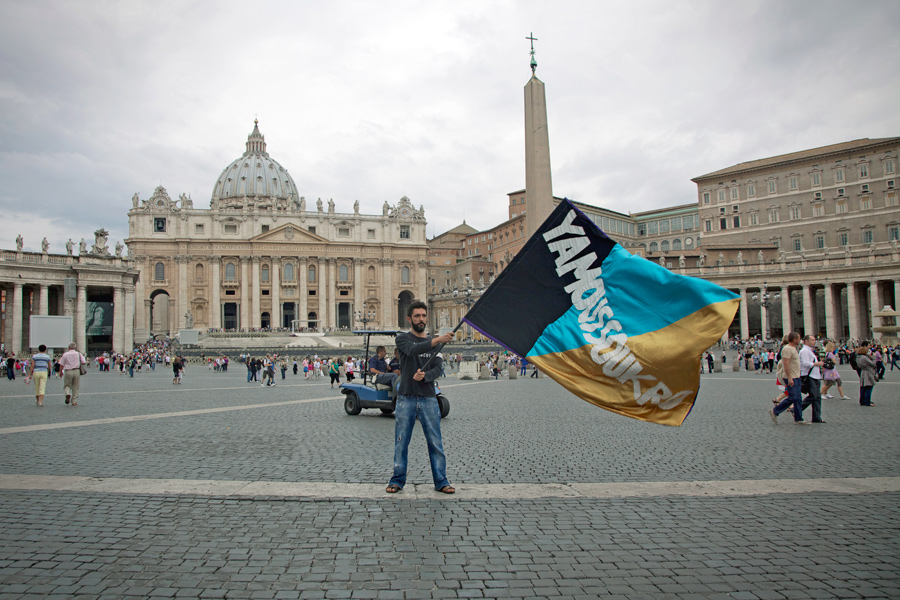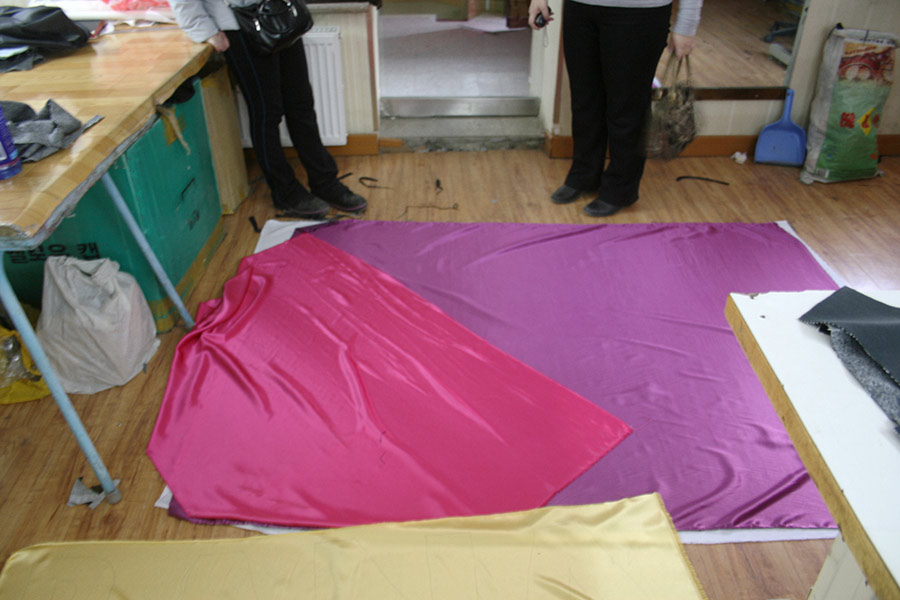Across the Border
YEAR
2009
Ongoing
SUPPORTED
Manifesta12 Biennial
LOCATIONS
Srilanka, Mongolia, Italy, Hungary, Cina, Romania, Netherlands, Ukraine, Spain, Bosna y Herzegovina, Spain, Republic of Korea, Russia, Germany, Poland, Russia, Australia, France, Brunei, Belgium, Croatia, Germany, Greece, Hong Kong, India, Ireland, Lebanon, Colombia, Pakistan, Philippines, Portugal, Oman, Sweden, United Kingdom, California
After globalisation
Across The Border is a participatory project that transforms the specific nature of flags – the identification of a territory and its population – in a spontaneous tool underlining connections rather than division. The word on each flag, suggested by the performer or by a local person interviewed previously, it is in fact chosen to ideally connect the place of performance with another place on the planet sharing some characteristics with it.
Contents are not limited in terms of subject and those chosen vary from geographical references to puns, irony, criticism or awareness while locations assume different meanings depending on the performers’ intentions: sometimes that specific site has a precise meaning, while sometimes the city or the nation themselves have greater significance, referring to conflicting issues such as personal and collective identity.
National identity is a major debate everywhere in contemporary society, the definition of borders follows the human need to define who we are, that happens also through the definition of ‘others’ in order to simplify things. It’s an incredibly complex debate as the framework it exists in is made of borders defined by past economic interest rather than ethnicity for example, leaving to a different generation the necessity to rationalise a reality that was presented for a century as a given fact. Populist movements are on the rise in many countries, not only in Europe, and we can experience this trend especially in those countries suffering an economical stagnation or recession and it doesn’t happen by surprise: resources are a geographic fact and immigration has wild implications in local economies.
In this scenario is difficult to define wether fostering national identity and proposing protectionist stances are a benefit for local communities, or on the other hand when they dry up the cultural and economic regeneration of territories. While the creation of the future goes through experimentation, analysis of the past can be sharper and what we know so far is that the Neoliberal approach to the subject is unsustainable: depleting countries from their resources while expecting impoverished populations not to aspire to a better path for themselves is absurd, but at the same time it’s not the Western working class that should pay the price for this specifically because profits of such extraction of wealth are channeled to an extremely limited portion of uber connected and privileged individuals. Sometimes identitarian stances are just mediation between political or economic elites pushing voters towards decisions they don’t really benefit from. What’s the importance of free circulation of ideas, cultural approaches and bodies if it’s built on mutual exploitation? How to break the cycle of politically engineered abuse?
The design of each flag is planned or agreed with performers and each flag is realised by local workers, underlying the importance of individuality as the ultimate form of social agreement. While ‘diversity’ is often proposed in the form of segregated dogmatic groups recreating towards other entities the same dynamics of abuse they want to emancipate themselves from, the project is instead referred to a shared identity based on social experiences, outlined by the circulation of informations, narrating contemporary-age and its current appearance.








